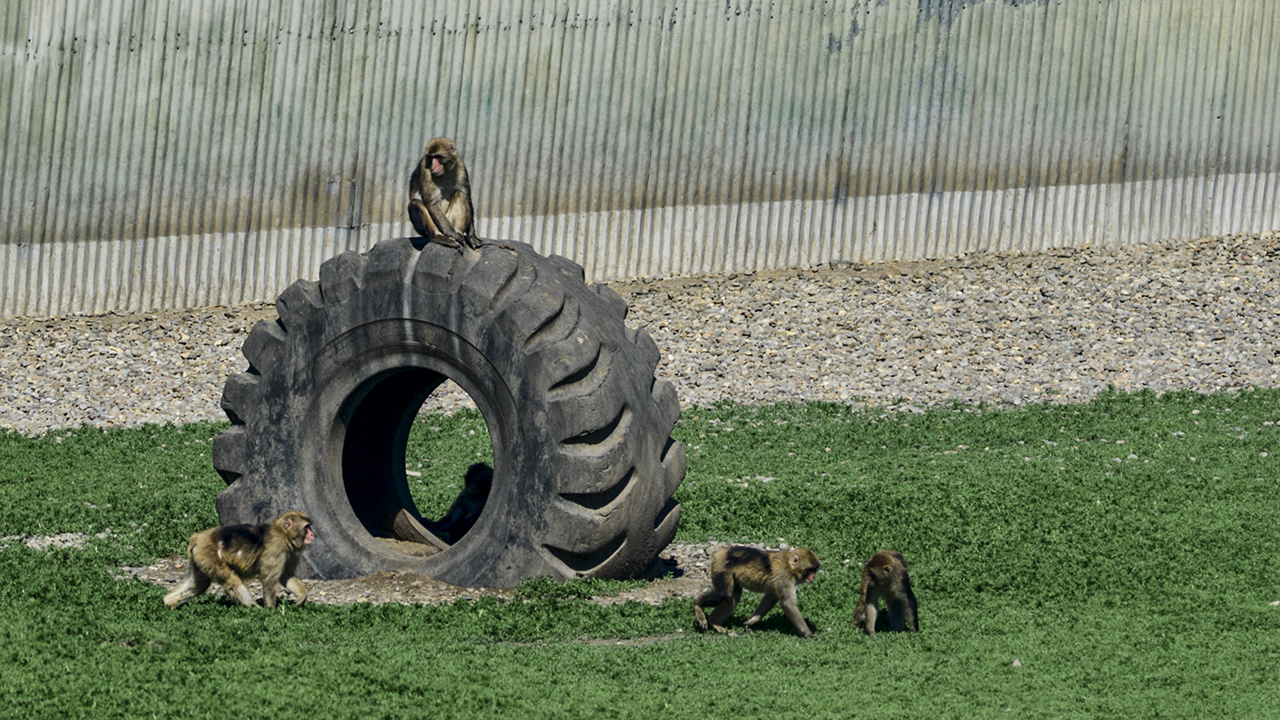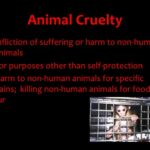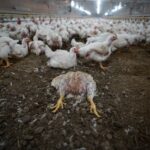In the contemporary discourse surrounding animal welfare, there is an increasing concern regarding the escalation of cruelty towards non-human beings. This phenomenon is not merely anecdotal; it is indicative of systemic issues that permeate societal structures worldwide. The question emerges: Could the trajectory of such cruelty reach cataclysmic proportions? The ramifications of unchecked violence towards animals demand urgent consideration, ushering in a global wake-up call for moral reevaluation and activism.
The pervasiveness of animal cruelty manifests in myriad forms, each reflecting a disquieting aspect of human society. From industrial farming practices to rampant poaching and domestic abuse, the ways in which suffering is inflicted upon animals are as diverse as they are prolific. One cannot ignore the stark reality that millions of sentient beings endure brutal conditions within factory farms, where their lives are often marked by confinement, deprivation, and ultimately, a harrowing death. This commodification of life diminishes the intrinsic value of animals and fosters an environment in which exploitation becomes normalized.
The psychological implications of such systemic cruelty extend beyond the plight of the victims. Empirical studies indicate a correlation between desensitization to animal suffering and broader societal violence. Individuals who commit acts of cruelty towards animals often escalate their behavior towards humans, underscoring an unsettling continuum of violence. This nexus between animal and human rights highlights a pivotal intersection in moral philosophy, requiring a thorough exploration of our ethical obligations to all beings capable of suffering.
Moreover, the deliberate harm inflicted upon wildlife cannot be overlooked. The alarming rates of species extinction and habitat destruction call for an immediate reevaluation of our interaction with the natural world. Poaching, driven by demand for exotic animal products, not only jeopardizes biodiversity but also destabilizes ecosystems. As apex predators and keystone species vanish, there exists a cascading effect, amplifying the threats to global ecological balance. Thus, the consequences of cruelty extend far beyond individual animals, reaching into the very fabric of the planet’s biosphere.
To truly understand the gravity of this situation, one must consider the cultural and economic frameworks that perpetuate animal cruelty. Certain societies still engage in rituals that involve significant suffering for non-human creatures, often under the guise of tradition or economic necessity. Additionally, industrial practices anchored in profit maximization prioritize efficiency over ethical considerations. The exploitation experienced by animals is inextricably linked to broader themes of consumerism, capitalism, and moral indifference.
In contemplating potential solutions, the role of education cannot be overstated. Comprehensive programs aimed at instilling empathy and compassion towards all beings from a young age are essential. Advocacy efforts must target systemic change, pushing for laws that safeguard animal welfare and hold perpetrators accountable. The implementation of stricter regulations in farming, research, and entertainment industries would symbolize a significant shift in societal values. Such legislative advancements must be accompanied by public awareness campaigns that elucidate the plight of animals and call for a rethinking of societal norms.
Moreover, the integration of technology and innovation can provide novel avenues for ensuring animal welfare. From alternatives to animal testing in scientific research to plant-based meat production that minimizes animal suffering, advancements in these fields offer promising solutions. The public’s growing appetite for ethical consumption has the potential to reshape markets, compelling industries to adapt or face obsolescence. This proactive approach aligns with a broader movement towards sustainability, marrying environmentalism and animal rights.
As we stand at this crucial juncture, it is imperative to activate collective consciousness around the plight of animals. Every individual possesses the capacity to effect change, whether through advocacy, responsible consumer choices, or simply engaging in dialogue. The ripple effect of awareness can catalyze a cultural shift that views animals not merely as commodities but as beings deserving of respect and dignity.
In conclusion, the specter of cruelty reaching cataclysmic proportions is not merely a hypothetical concern; it is a pressing reality that demands our immediate attention. The interconnectedness of animal suffering, ecological degradation, and societal violence underscores the imperative for comprehensive action. A global wake-up call is resonating, reminding us that our moral compass is inextricably linked to our treatment of all sentient beings. Creating a world where cruelty is no longer tolerated requires unwavering commitment and collective action. The time to act is now, lest we find ourselves on a path that leads to irrevocable consequences for both animals and humanity alike.








